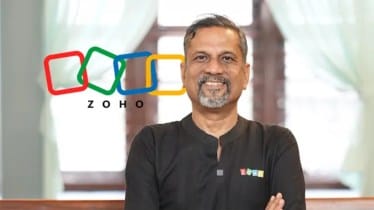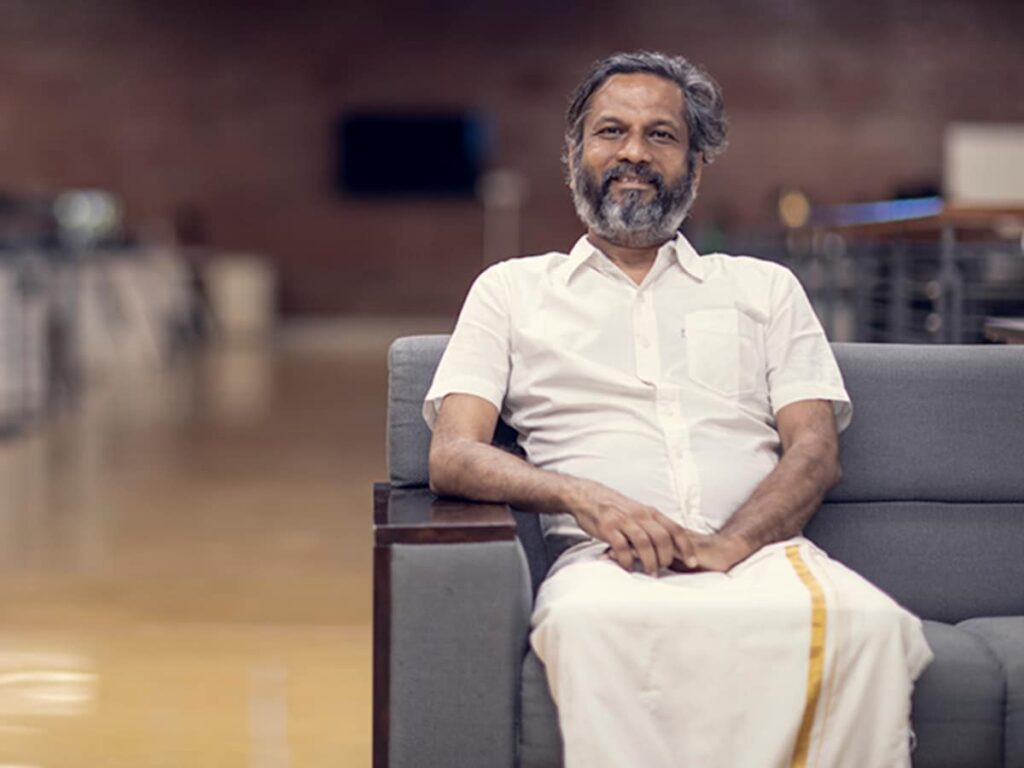Move over WhatsApp, India has its own homegrown challenger: Arattai, the messaging app developed by Zoho Corporation under the leadership of visionary entrepreneur Sridhar Vembu. The app is creating waves, climbing to the No. 1 spot on the App Store, and sparking conversations about India’s digital independence.
The Man Behind the Mission
Sridhar Vembu isn’t just another tech founder—he’s a pioneer who walked away from Silicon Valley success to build a global tech empire from a small Tamil Nadu village. Armed with degrees from Princeton University and rich experience in the U.S. tech industry, Vembu returned to India in the 2000s with a dream: to prove that world-class technology can be made in rural India.
He founded Zoho Corporation (earlier AdventNet), a bootstrapped company that today delivers 50+ cloud-based software products to over 100 million users in 180 countries—without a single rupee of external funding.

Arattai: India’s Answer to WhatsApp
Arattai, which means “chit-chat” in Tamil, is Zoho’s bold attempt to redefine private and secure communication for Indians. With a surge of government ministers and leaders openly endorsing the app, its popularity is skyrocketing. At a time when concerns over reliance on foreign social media apps dominate public debate, Arattai is being celebrated as a symbol of India’s digital self-reliance.
Empowering Rural India
What makes Sridhar Vembu’s journey extraordinary is not just his business success, but his commitment to rural talent. From setting up schools to training local youth in software development, he has created employment opportunities where few existed. His belief? “Talent isn’t limited to big cities or elite colleges—villages can produce world-class developers too.”
A New Era of Indian Tech
With Arattai leading the charge, Vembu’s story is more than just about an app. It’s about reshaping India’s place in the global tech ecosystem, showing that innovation rooted in Indian soil can compete with the biggest global giants.
As millions of Indians download Arattai, the message is clear: the next big digital revolution may not come from Silicon Valley—it may come from the heart of rural India.


